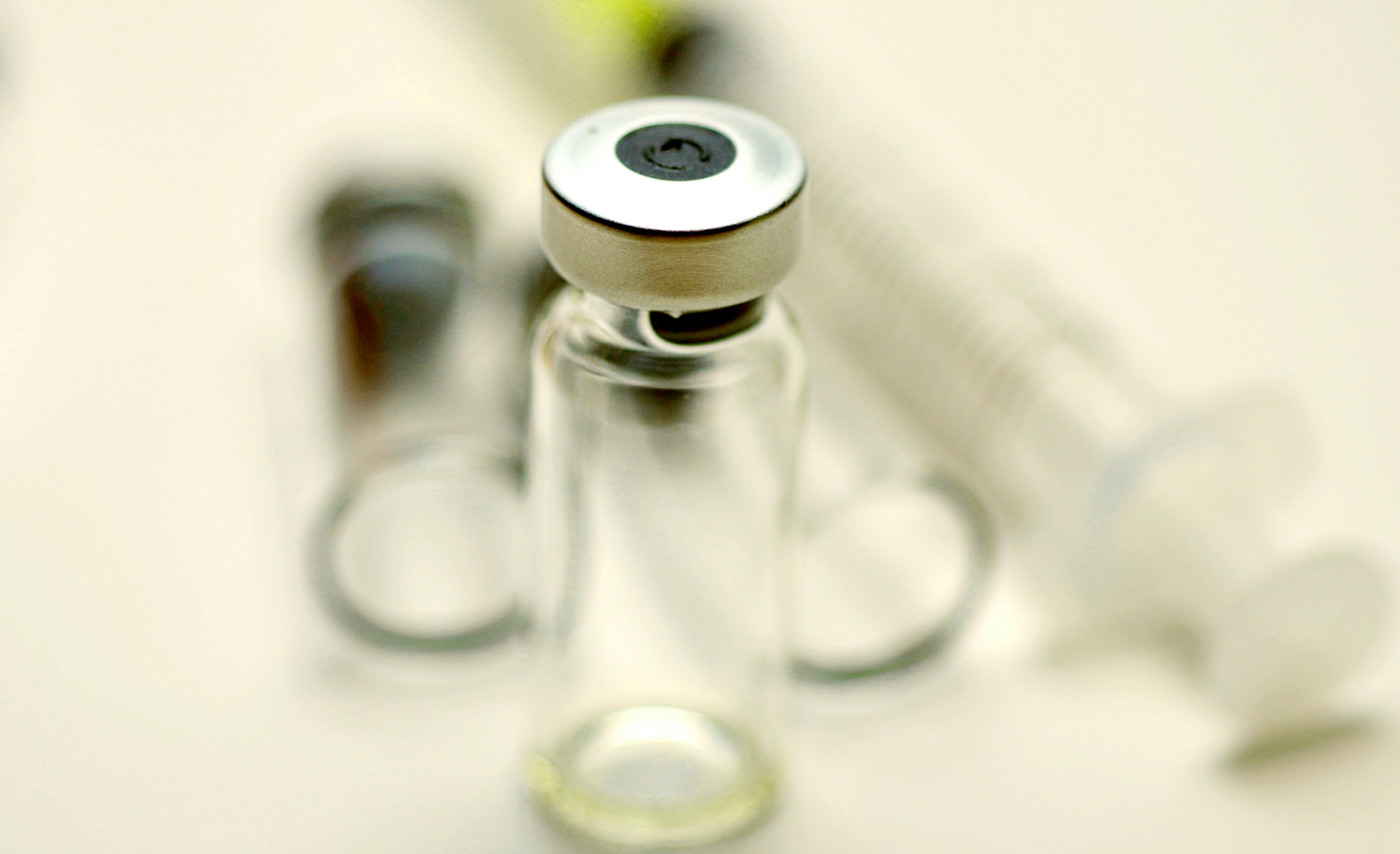Stopping Immunosuppressants May Be OK for Some ANCA Vasculitis Patients, Study Suggests
Written by |

A large proportion of patients with ANCA-associated vasculitis discontinue treatment while in remission, but they appear to have fewer relapses than those who never stopped treatment, a study has found.
This suggests that, as long as patients and physicians remain in touch to identify relapses, patients in remission may consider stopping their maintenance therapy.
The study with those findings, “Understanding Long-term Remission Off Therapy in Antineutrophil Cytoplasmic Antibody-Associated Vasculitis,” was published in the journal International Kidney Reports.
Use of immunosuppressive therapy (a type of treatment that suppresses the immune system) for treatment of ANCA-associated vasculitis is associated with high rates of remission and reduced organ damage.
However, while long-term use of immunosuppressive medications helps keep the disease at bay, it also is also associated with a serious and potentially fatal risk of infection and cancer.
Discontinuation of therapy is generally not considered a practical option for patients with primary vasculitis, although it is a common concern and patients often ask when their immunosuppressive therapy can be stopped.
“In a recent qualitative study of perspectives of glucocorticoid [an immunosuppressive medication] use in this disease, patients noted its benefits in quelling active disease, while also acknowledging the difficulty in balancing fears: relapse from withdrawal versus the substantial emotional, physical, and social burdens when taking this drug,” researchers explained.
While some long-term studies have reported that patients remain in remission when they are off immunosuppressive therapy, there is still a paucity of research regarding the frequency, patient characteristics, and impact on outcomes among patients who stop immunosuppressive therapy.
A group of American researchers set out to describe the characteristics of a group of ANCA vasculitis patients who came off immunotherapy. Additionally, researchers also investigated the effect of the duration that patients were off therapy on rates of recurrent relapse.
Researchers used data from the Glomerular Disease Collaborative Network, a registry for patients with 16 different types of glomerular disease. Participants included in the study were those who stopped all immunotherapy and those who were on immunotherapy continuously for at least two years.
Among 427 patients included in the study, 277 (65%) stopped therapy at a median of 20 months from initial treatments. Furthermore, 14% of these patients stopped therapy for two or more different periods of time, and 23% of patients stopped therapy for five years or longer.
When analyzing characteristics of patients who discontinued therapy, women were 33% more likely than men to discontinue therapy.
Additionally, patients who were treated with pulse methylprednisolone (in which high doses of methylprednisolone are delivered through discontinuous intravenous infusion) were 39% more likely to stop therapy, while those on azathioprine or mycophenolate mofetil were 29% less likely to stop.
Patients treated before 1993 also were 35% less likely to discontinue treatment compared to patients treated in the period from 1993 to 2004.
Interestingly, researchers found that stopping immunotherapy was associated with a 49% lower risk of relapse. Additional factors affecting relapse rate included proteinase 3 antibodies, younger age, and being female.
“Stopping immunotherapy was common,” researchers concluded. “Women and those treated with methylprednisolone stop treatment more often, but underlying mechanisms are unknown. Stopping treatment was associated with fewer relapses, suggesting that even without guidelines there may be benefits without an untoward detriment of relapse.”
“With close cooperation between patients and providers, stopping immunotherapy can be considered if the patient has been in remission on maintenance therapy,” investigators suggest. “Any hint of disease activity must be evaluated swiftly to quell relapses, which our study shows can be without untoward consequences.”





